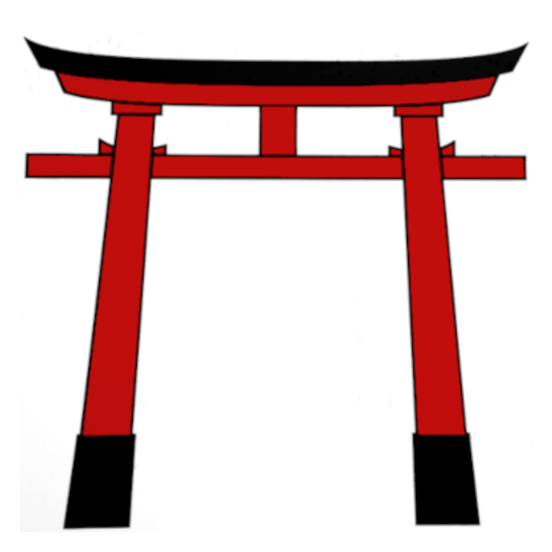|
|
The Radical: 自
|
|

Kanji-Trainer
|
|
|
|
| Meaning |
oneself 自
|
| Explanation |
The Radical mizukara shows an eye 目 that has an emphasis ノ to express that the own person is meant. |
Used in these Kanji:
|
|
夏
|
 |
|
JLPT 4Joyo 2 |
|
|
summer
natsu, KA, GE From top: Cover 一 (against the sun), I, myself 自 (The emphasized ノ eye 目 is myself.), upturned foot 夂(= sitting cross-legged)
Covered (= in the shade) I myself sit cross-legged, because it is summer.
|
一
自
夂
頁
Vocabulary |
|
|
|
自
|
 |
|
JLPT 4Joyo 2 |
|
|
self
mizukara, SHI, JI An emphasis ノ with an eye 目
I emphasize the eye shows the: own self.
|
自
ノ
目
Vocabulary |
|
|
|
息
|
 |
|
JLPT 3Joyo 3 |
|
|
breath, breathing, son
iki, SOKU Top: oneself 自 (The accented ノ eye 目 as the "self"), below: heart 心
I myself I am and my heart exists as long as I breathe, and my breath lives on in my son.
|
自
心
Vocabulary |
|
|
|
鼻
|
 |
|
JLPT 2Joyo 3 |
|
|
nose, snout
hana, BI From top: self 自 (The emphasized ノ eye 目 as the "self"), rice field 田, plant 艹
(Because of hay fever:) I myself in a field with plants and it itches at my nose.
|
自
艹
田
Vocabulary |
|
|
|
憩
|
 |
|
JLPT 1Joyo 7 |
|
|
rest, relax, relaxation
ikou, KEI Top: tongue 舌 and self 自 (The accented ノ eye 目 as the "self"), bottom: heart 心
My tongue, myself and my heart need a rest.
|
心
自
舌
Vocabulary |
|
|
|
臭
|
 |
|
JLPT 1Joyo 7 |
|
|
smell, stink, smack
kusai, SHŪ Top: self 自 (The accented ノ eye 目 as the "self"), below: big 大
His ego is so big that it stinks.
|
自
大
Vocabulary |
|
|
|
嗅
|
 |
|
JLPT -Joyo 7 |
|
|
smell, sniff
kagu, KYŪ Left: mouth 口, right: variation of smell, stink 臭 (because without "dog" 犬)
The mouth 口 itself 自 of the dog 犬 can sniff a smell. (Or: The mouth itself of a dog has a smell.)
|
口
自
犬
Vocabulary |
|
|
| Similar Radicals (either meaning or view) |  |
|
At this page you get the memory phrases for learning the Japanese Kanji. If you are learning the Chinese Hanzi, please follow this link. |
List of the characters |
List of the radials
|

